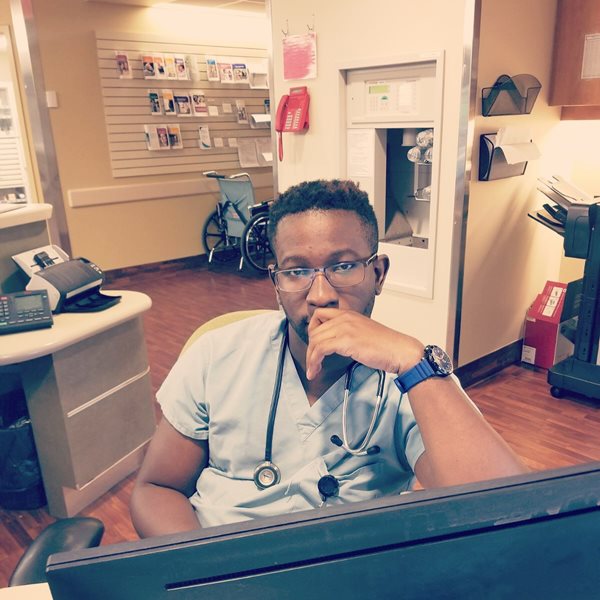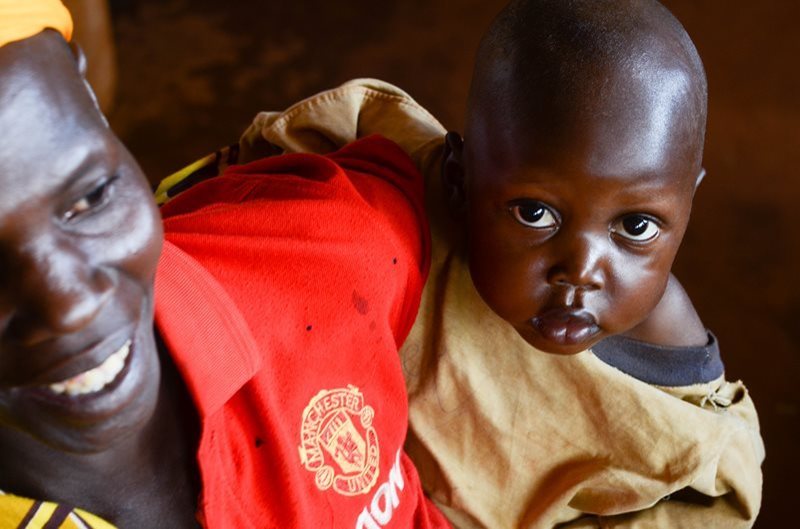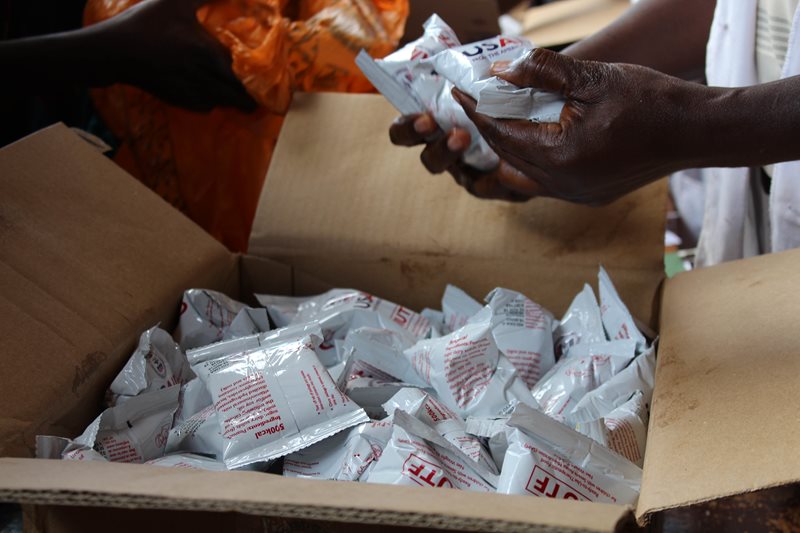When I picked up the phone to call Tolu last week I never imagined I would spend the next hour sitting silently, listening and processing all of the thoughts and stories he would share.
While speaking with Tolu I learned that he was born in Nigeria, is currently working as a nurse in a busy hospital in the Toronto area, has three incredibly talented siblings, and has a curiosity that’s unmatched by anyone I’ve had the pleasure of talking to.
 Tolu during a shift at the hospital where he practices.
Tolu during a shift at the hospital where he practices.
Tolu first experienced this curiosity for the wellbeing of others when he was fourteen. A friend of his suffered a serious asthma attack during school and it was Tolu who, overcoming his fear of what was happening to his friend, took charge and brought his friend to the school’s infirmary.
Once his friend was safely in the care of the health care practitioners Tolu was asked to wait outside. He remembers being curious about what was happening to his friend behind those closed doors.
“I’m interested in the complexities of human life. The interconnectedness of your organs, your tissues and cells and how all those different parts cumulate to make you have one body,” Tolu told me. His curiosity doesn’t stop with the individual though. Currently Tulo is pursuing his Masters in Global Health.
“There are so many reasons why people around the world are either experiencing amazing great health, unbelievable rates of very low infant mortality rates, and other parts of the world that are experiencing very high rates. And I didn’t know this at 14, but my curiosity in health care is really a curiosity about humanity.”
 Tolu meeting with a health professional during a trip to Ghana.
Tolu meeting with a health professional during a trip to Ghana.
Nurse Beate, who works on the frontlines of Burundi’s child malnutrition crisis, has firsthand experience with some of those reasons Tolu mentioned.
“The malnutrition is linked to poverty of the people living in the surrounding areas. It’s linked to the season too. From October to February, people don’t have enough food and the cases of malnutrition rise. Only when the beans and vegetables are harvested, that’s when the cases drop,” Nurse Beate said.
On the day that my World Vision colleague spoke with Nurse Beate about her experiences, there was a long line of malnourished children and their caregivers waiting to be cared for by her.
 Nyishu, 4 years old, waits with his caregiver to be seen by Nurse Beate. Photo: Mark Nonkes
Nyishu, 4 years old, waits with his caregiver to be seen by Nurse Beate. Photo: Mark Nonkes
To address the most immediate needs of these children, she provides a peanut-based nutrition supplement packed with micronutrients, proteins and essential fatty acids to encourage child growth. This supplement helps the children to recover from the effects of malnutrition and allows their caregivers to better understand the reasons behind the malnutrition. But the root causes still exist and require a global response to overcome.
In the communities surrounding the clinic Nurse Beate works in, plans are being made so that caregivers have the resources and the knowledge needed for their children to be healthy. This includes programs that encourage and make a way for woman to earn an income, as well as farmers learning about more effective farming practices and having access to better quality seeds. It’s a holistic approach that will require the community to come together and support one another.
 These peanut-based nutrition supplement packed with micronutrients, proteins and essential fatty acids to encourage child growth. Photo: Mark Nonkes
These peanut-based nutrition supplement packed with micronutrients, proteins and essential fatty acids to encourage child growth. Photo: Mark Nonkes
I’m going to suggest that our response, as Canadians, to this crisis should be to take a page from Tolu’s book. We should let our curiosity be sparked, to learn how we can contribute to a solution.
Learning more doesn’t have to overwhelming. World Vision’s
Village2Village page allows you a brief look at six communities we are partnering with. It shows you the barriers they are facing to overcoming poverty, and action items to make things better, as determined by the community members themselves. And, if your curiosity is sparked, the page gives you the option to partner with these communities as well.
Tolu’s passion for curiosity and humanity reminded me that at the most basic level we are all the same, we are all human, and yet our diversity is astounding. He encouraged me to “question my humanity, explore the other, explore the unknown, the cultures you’re not familiar with” and reminded me that my “tendency to be inquisitive can be dimmed by becoming too comfortable”.
It’s a reminder that will stay with me for a long time, and words I plan to revisit whenever I feel myself needing a resurgence of curiosity.